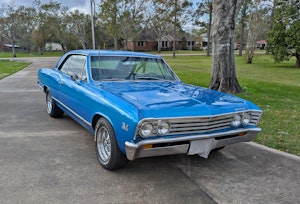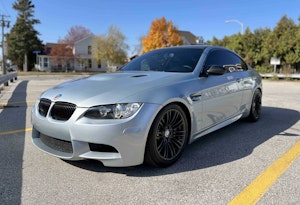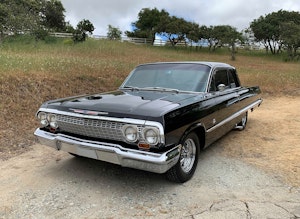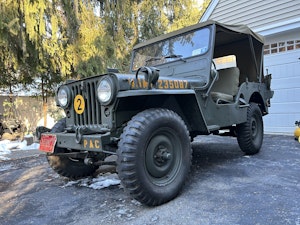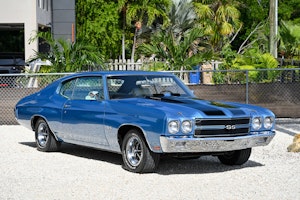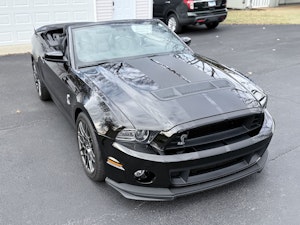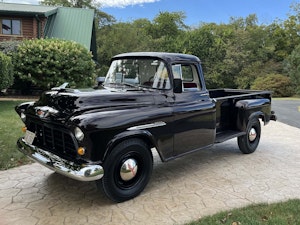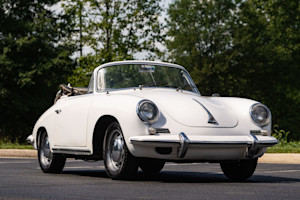South Africa brought style to fibreglass cars
If we think back to fibreglass cars built in the late 1950s and early 1960s, we usually think of producers in England or the United States — certainly not South Africa.
The South Africa of today is a different story. Lee Noble, a British sports car manufacturer, contracted the body and chassis production of his M-400 to High-Tech Automotive in Port Elizabeth, South Africa. The same company supplied the Superformance Cobra replicas. Noble has since sold his company, and it is now called Rossion.
If you look back at some of the best years in Formula One racing history, two of the most brilliant designers, Gordon Murray and Rory Byrne, hailed from South Africa.
One of the earliest fibreglass sports cars to come out of South Africa, the GSM, is quite a success story. GSM stands for Glass Sports Motors, a Cape Town-based company that was in business from 1958 until 1964.
Robert van Niekerek and Willie Meissner dreamt of building their own sports car, but could not find the skilled craftsmen to build it. Meissner moved to England where he discovered the perfect product called fibreglass, which would enable their dream to come alive.
Marketplace
Buy and sell classics with confidence
Meissner had a friend who was married to an automotive stylist called Verster de Wit. He was working for the Rootes Group.
The three amigos got together and that was the beginning of GSM.
Niekerek and Meissner returned to South Africa and built the first GSM in 1957.
The lightweight chassis design offered superb handling. The running gear varied and included the Coventry Climax, the Ford Anglia 100E and the 105E. They were capable of speeds up to 160 kilometres per hour.
The convertible model was called the GSM Dart. In England it was called the Delta because the Dart name was a registered name used by Daimler sports cars.
In 1962, GSM built a hardtop coupe called the Flamingo, fitted with a 1.7-litre German Ford Taunus engine.
A total of 116 Darts and 128 GSM Flamingos were produced. Over 60 Darts-Deltas are still registered in the U.K. today. I know of just one that has been here in B.C. for over 20 years and is undergoing a restoration.

